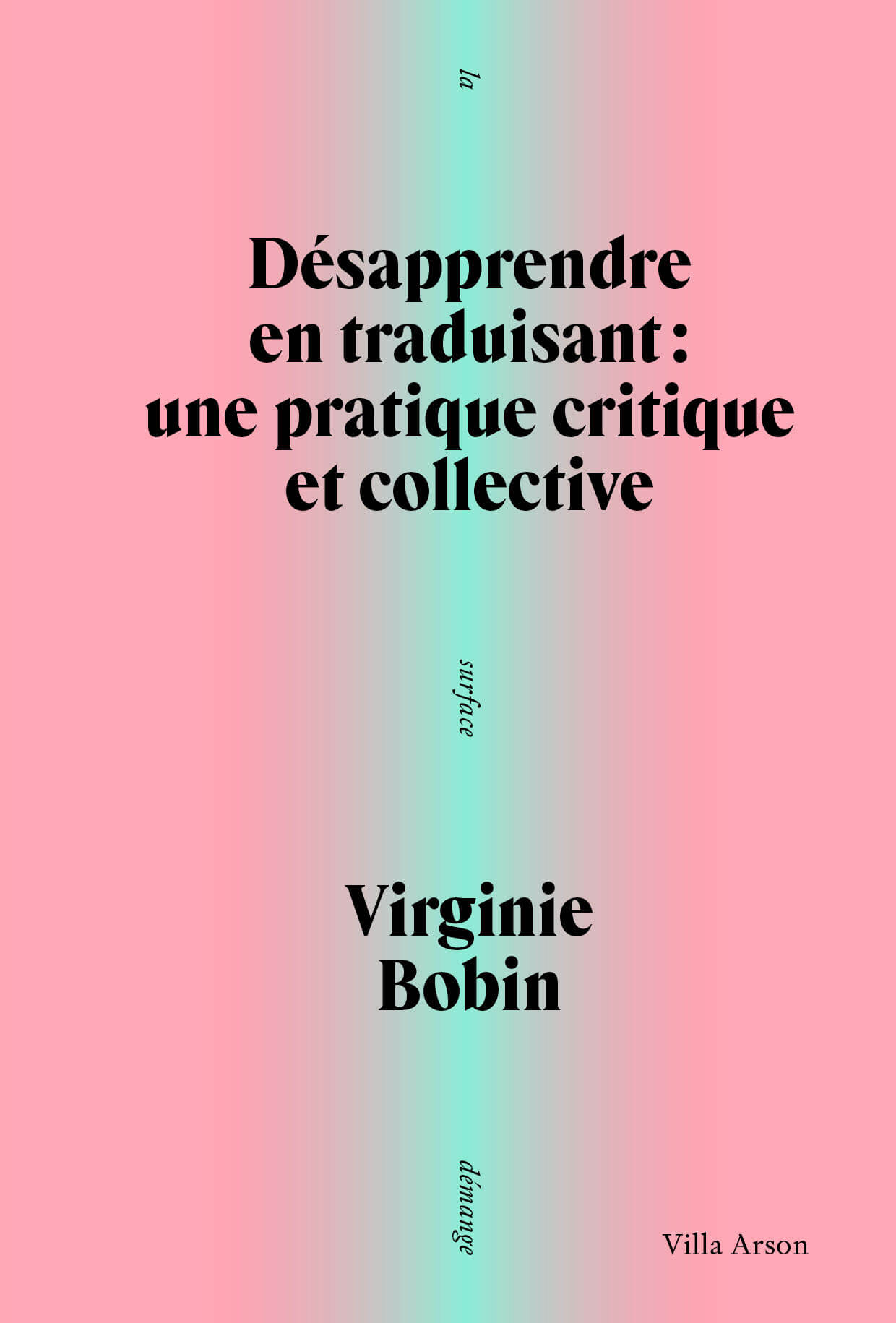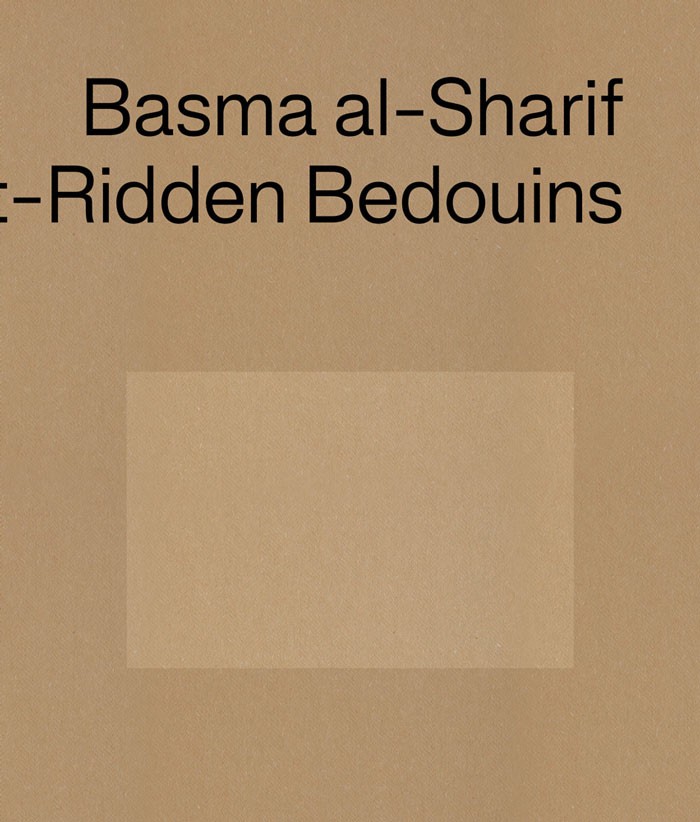
Mix & Stir
Kitty Zijlmans ed., Helen Westgeest ed.
Mix & Stir, this book’s aim is an endeavour to understand art as being a panhuman phenomenon of all times and cultures; to steer away from the persistent Eurocentric/Western-centric viewpoint towards a transcultural and transnational interconnected model of exchange and processes of interculturalization. Mix & Stir wants to expand this landscape by bringing to the fore new, recalcitrant, queer, idiosyncratic practices and discourses, theories and topics, methods and concerns that open up ways to approach art from a global perspective.
Analogous to a cookery book filled with recipes and instruction, Mix & Stir explores new outlooks on contemporary art from global perspectives. It intends to encourage studying art beyond national constraints, cultural dominances, and hierarchies: a voyage similar to that of culinary discovery. The book brings a variety of tastes and flavours to the table, and breaks new ground by allowing innovative, contrary, queer, idiosyncratic practices and discourses, theories and topics, methods, and concerns to access art in its global dimensions.
Contributions: Thomas J. Berghuis, Elisabeth de Bièvre, John Clark, Thomas DaCosta Kaufmann, Parisa Damandan, Wilfried van Damme, Sophie Ernst, Angèle Etoundi Essamba. Paul Faber, Claire Farago, Anne Gerritsen, Jacqueline Hoàng Nguyễn, Isabel Hoving, Stijn Huijts, Joo Yun Lee, Nancy Jouwe, Remy Jungerman, Sonja van Kerkhoff, Meta Knol, Frans-Willem Korsten, Katja Kwastek, Sybille Lammes, Charl Landvreugd, Gregor Langfeld, Chris Lee, Christa-Maria Lerm Hayes, Virginia MacKenny, Sarat Maharaj, Tirzo Martha, Kyveli Mavrokordopoulou, Larissa Mendoza Straffon, Ni Haifeng, Stéphanie Noach, Anja Novak, John Onians, Rob Perrée, Georges Petitjean, Rosalien van der Poel, Jennifer Pranolo, Lize van Robbroeck, Pippa Skotnes, Henk Slager, Rudi Struik, Eva-Maria Troelenberg, Leonor Veiga, Leon Wainwright, James Webb, Janneke Wesseling, Helen Westgeest, Carine Zaayman, Kitty Zijlmans, Robert Zwijnenberg.






